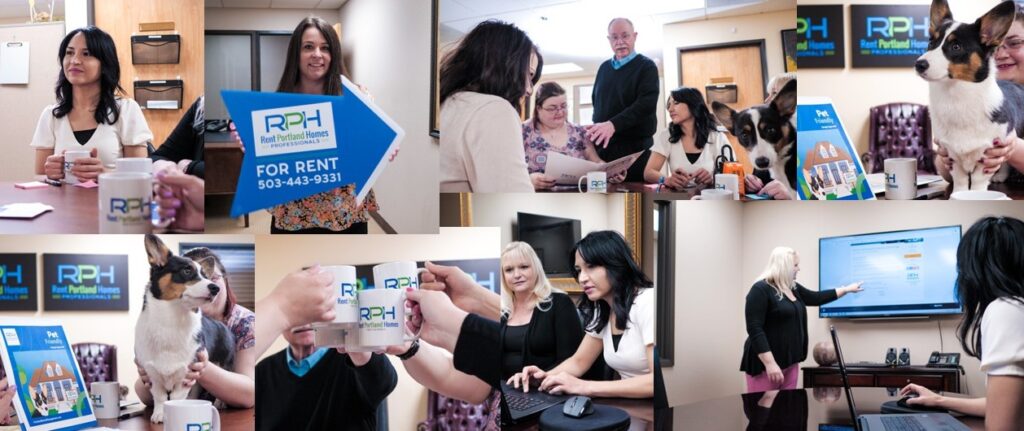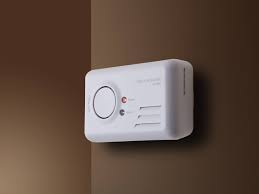As a property manager in Portland, Oregon, ensuring the safety of your tenants is paramount. One of the most dangerous yet often overlooked threats in rental properties is carbon monoxide (CO). This colorless, odorless gas can be deadly if it builds up in an enclosed space. Regular testing for carbon monoxide leaks is not only a safety measure but also a legal and ethical responsibility. Here’s a step-by-step guide to help property managers in Portland ensure their rental homes are safe from CO leaks.
1. Understand the Risks of Carbon Monoxide Exposure
Carbon monoxide is produced when fuel-burning appliances like furnaces, stoves, water heaters, or fireplaces malfunction or are improperly ventilated. Inhaling CO can lead to serious health issues, including headaches, dizziness, confusion, and, in extreme cases, even death. Vulnerable populations such as young children, elderly people, and individuals with pre-existing health conditions are at higher risk.
In Oregon, property managers are required by law to provide CO detectors in all rental homes. However, regular property maintenance and testing of these detectors should be part of a comprehensive safety strategy.

2. Install Carbon Monoxide Detectors
The first step in testing your rental home for carbon monoxide leaks is to make sure that CO detectors are installed in key locations throughout the property. According to Oregon law, CO detectors must be installed near sleeping areas in all rental properties. It is best to place them outside each sleeping area and on every level of the home, including basements.
As a property manager in Portland, Oregon, it’s important to:
- Install CO detectors in the correct spots.
- Ensure that detectors are in good working order when tenants move in.
- Check detectors periodically to ensure they are functioning properly.
Many detectors now come with digital screens that display CO levels, providing real-time feedback and facilitating easier monitoring.
3. Test Your Detectors Regularly
Even if your property has carbon monoxide detectors, it’s essential to test them regularly. Property managers should make it a habit to check detectors during routine inspections or before new tenants move in. Most CO detectors have a test button that, when pressed, will sound the alarm if the device is functioning properly.
You should also verify that the detectors are within their lifespan. Many CO detectors have a shelf life of 5 to 7 years, after which they should be replaced. If the detector starts emitting a chirping sound or the display reads “error,” it’s time for a replacement.
4. Use a CO Testing Device
In addition to relying on CO detectors, property managers in Portland, Oregon, can utilize portable CO testing devices to detect the presence of carbon monoxide in the home. These handheld devices are relatively easy to use and can help detect low levels of CO that may not trigger the alarm on a typical CO detector.
To use a CO tester, follow these steps:
- Turn off any fuel-burning appliances to ensure no fresh CO is being produced.
- Hold the testing device near potential sources of CO (furnace, stove, water heater, etc.).
- Observe the readings. If the device shows high levels of CO, it’s crucial to take immediate action to ventilate the area and have the appliance serviced.
5. Check and Maintain Appliances
Another key part of testing for CO leaks is to inspect and maintain the appliances in your rental property. Property managers should schedule regular maintenance for all fuel-burning appliances, including furnaces, water heaters, and stoves. Having these appliances serviced by a professional can help prevent CO leaks before they become a serious problem.
Ensure that vents, chimneys, and exhaust systems are clear of debris and blockages. Any obstruction in the ventilation system can cause CO to build up inside the home. Additionally, if you notice any signs of wear or damage to appliances, have them repaired or replaced immediately.

6. Provide Tenant Education
As part of your responsibilities, property managers in Portland, Oregon, should educate tenants about the dangers of carbon monoxide and how to respond if an alarm sounds. Inform tenants of the location of CO detectors and ensure they understand how to test the detectors, replace batteries, and contact emergency services if the alarm sounds.
You can also provide tenants with Beaverton information about what to do if they suspect a CO leak, including evacuating the premises and calling emergency services. Having this information available can save lives and give tenants the confidence to act quickly in an emergency.
7. Take Immediate Action if CO is Detected
If testing reveals the presence of carbon monoxide, take immediate action to safeguard the property and its occupants. Open windows and doors to ventilate the space, and evacuate everyone from the home. Call emergency services or a certified technician to inspect the property and identify the source of the leak. Repair any malfunctioning appliances or faulty ventilation systems before allowing tenants to re-enter the property.
Contact Us
As a property manager in Portland, Oregon, you have a legal and moral obligation to ensure the safety of your tenants. Testing your rental home for carbon monoxide leaks is a crucial part of maintaining a safe living environment. By installing and testing CO detectors, maintaining appliances, and educating tenants, you can significantly reduce the risk of CO exposure and protect the health and well-being of those living in your properties.
Learn more about property management services by calling us at (503) 646-9664 – Talk to a Live Person – Our office answers the phone 9 AM to 5 PM Monday through Friday – or click here to connect with us online.




